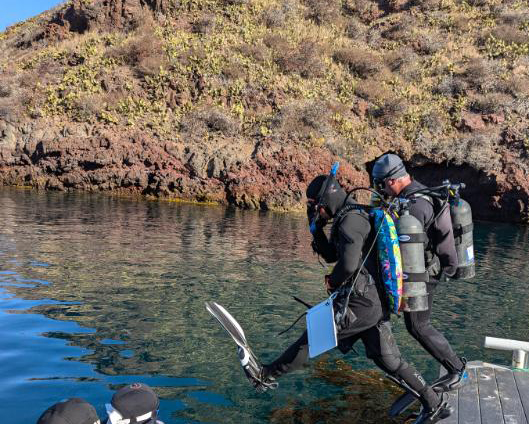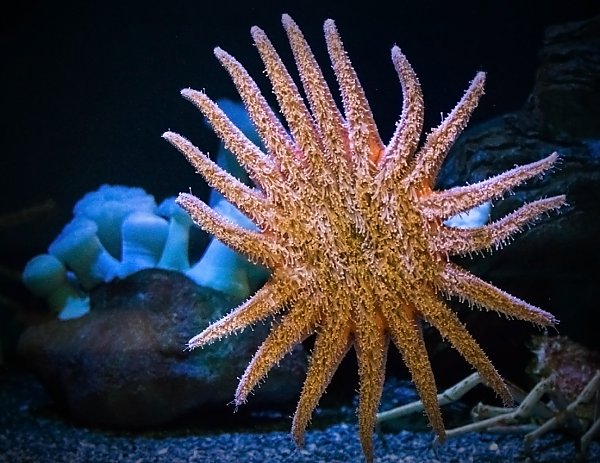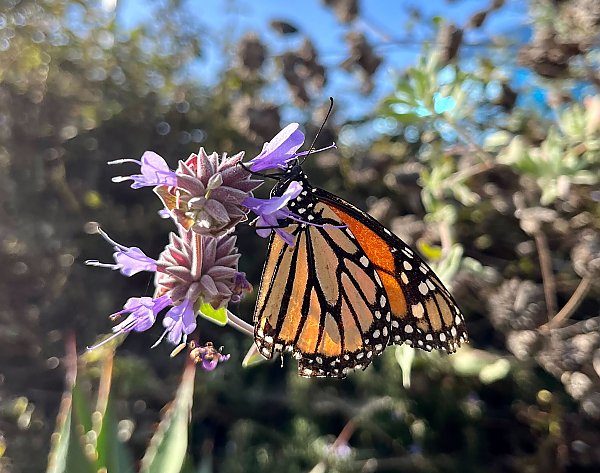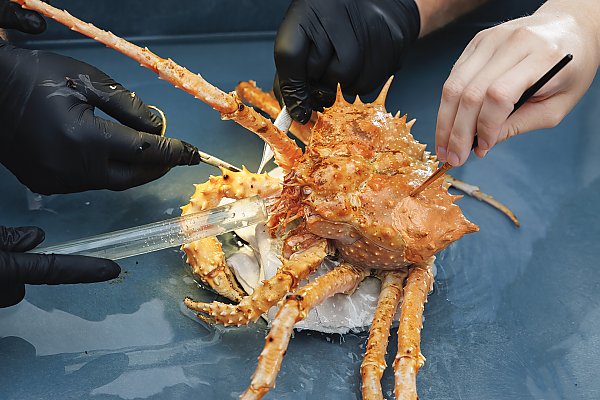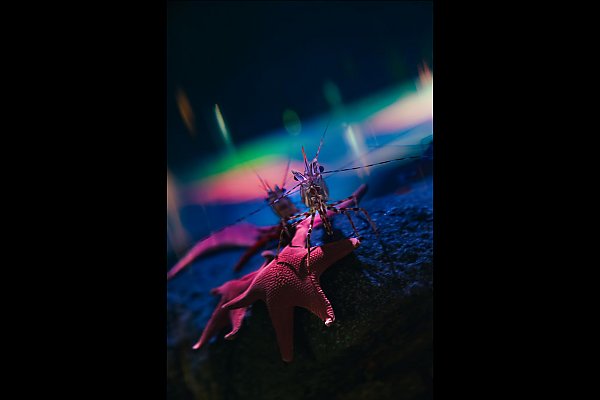Aquarium Releases Report Detailing Communication Strategies for U.S. Aquaculture
Report comes after forum gathering ocean farmers, chefs, regulators, scientists, educators, and other stakeholders.

Frank Roberts of Lady's Island Oyster Inc. seated on stage at the Aquarium's 2018 aquaculture forum speaks on issues affecting farmers.
December 6, 2018
The Aquarium of the Pacific’s Seafood for the Future program has released a report on a forum it convened with American Honda, in partnership with the Honda Marine Science Foundation, titled: Aligning Stakeholder Communications for U.S. Marine Aquaculture at the Aquarium of the Pacific. The forum’s goal was to expand responsible marine aquaculture, or farming in the sea, in the U.S. by facilitating the communication of accurate information to consumers, regulators, policymakers, and the public. It was implemented to address the growing consensus that perception-based concerns can and do influence permitting decisions and hinder responsible aquaculture development in the U.S.
The forum concluded that the long-term sustainable solution to creating a safe, secure, and sustainable global food system to feed a growing population is developing an integrated program of responsible land-based agriculture and ocean-based aquaculture. The U.S. imports more seafood than any other nation, most of it from potentially unsustainable farmed sources. It has the scientific knowledge and technological and ecological capacity to grow a responsible marine aquaculture sector to complement its well-managed wild-capture fisheries and land-based agriculture. To realize its potential, the U.S. must overcome the paralysis that prevents responsible farms from being permitted and investors from investing in its waters. One of the key variables that impacts permitting in the U.S. is public perception.
Forum participants included U.S. marine aquaculture farmers, chefs, communications experts, regulators (state and federal), educators, students, scientists, representatives from farms seeking permits, seafood suppliers, and others.
To read the full report and watch videos from the forum sessions, visit our forum report page.
